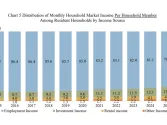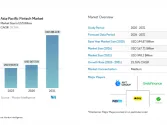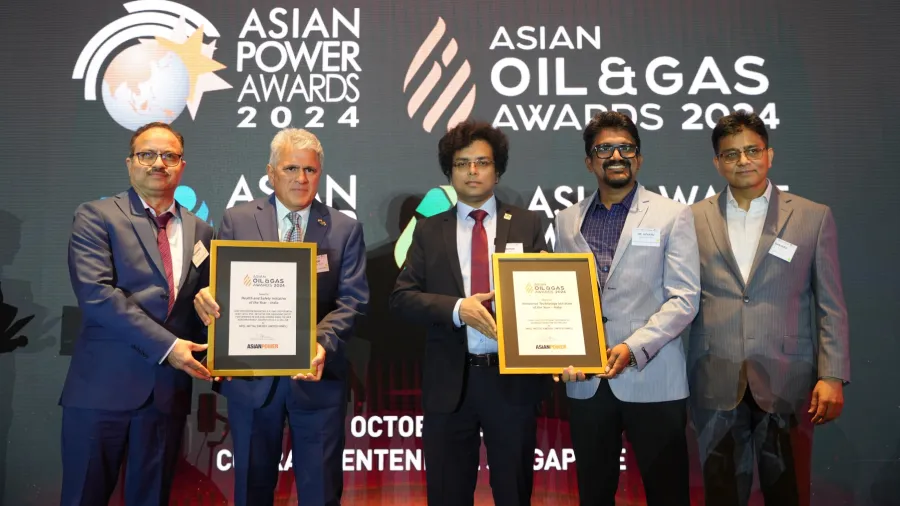
HMEL takes home two prestigious wins at Asian Oil & Gas Awards 2024
The company was recognised with accolades for Health and Safety Initiative of the Year - India and Innovative Technology Initiative of the Year - India.
HPCL-Mittal Energy Limited (HMEL) has once again demonstrated its commitment to safety and innovation, winning two prestigious accolades at the Asian Oil & Gas Awards 2024.
The company was honoured with the Health and Safety Initiative of the Year - India and the Innovative Technology Initiative of the Year - India, recognising its leadership in implementing groundbreaking initiatives that prioritise worker safety and environmental stewardship.
Loss Prevention Indicators and Potential Hurt Level Initiative
HMEL commissioned the US$3b Petrochemical plant (GGSPAP- Guru Gobind Singh Polymer Addition Project) featuring one of India’s largest Dual Feed Cracker Unit and downstream plants (2nd largest producer of Polymers in India). At the peak of the project, over 24,000 manpower were on site, cumulatively clocking 240 million man-hours despite the COVID-19 pandemic.
HMEL’s award-winning safety initiative, the Loss Prevention Indicators (LPI) and Potential Hurt Level (PHL) Initiative, was developed to address the complexities of safety data across multiple contractors. This innovative programme enables HMEL to analyse contractor safety performance quantitatively, helping prevent incidents and drive proactive safety improvements.
The initiative was born out of HMEL’s focus on enhancing contractor safety performance by incorporating two key elements: LPI and PHL analysis. These tools provide a systematic approach to identifying and mitigating potential hazards, equipping personnel with the skills to recognise and eliminate unsafe behaviours and conditions.
HMEL’s safety framework is not only focussed on actual incidents but also emphasises potential risks to prevent future harm.
The Hurt-Based Approach represents a shift from traditional methods that classify incidents based on medical treatment. Instead, HMEL's strategy assesses all safety incidents, including near misses, with a focus on the potential severity of consequences. This restructuring of the safety pyramid has enabled the company to better predict and prevent incidents that could result in serious injuries.
One key feature of this initiative is the Potential Hurt Level (PHL) Analysis, which identifies high-risk safety incidents with potentially severe outcomes, even if they occur infrequently. The focus is on preventing situations that could lead to serious injuries, allowing HMEL to prioritise safety actions effectively.
Another critical aspect is the LPI Monitoring System, which focusses on compliance with ten life-saving rules, including energy isolation, working at heights, and confined spaces. Field Safety Officers conduct daily observations to assess compliance and contractor performance is reviewed weekly to ensure continuous improvement.
The LPI Scoring Mechanism incentivises compliance and corrective action. Contractors begin the week with a score of 100%, and deductions are made for non-compliance based on the severity of safety violations. The system promotes a culture of safety by recognising high-performing contractors and requiring action plans from those with lower scores.
The LPI-PHL initiative has driven a culture of continuous safety improvement, significantly reducing risks and instilling a sense of accountability and proactive leadership amongst all employees and contractors.
For enhancing safety performance in its Guru Gobind Singh Polymer Addition Project (GGSPAP) through the LPI and PHL initiative and achieving a Loss Time Incident Frequency Rate of 0.22 against a target of less than 0.4 and Total Recordable Incident Rate of 0.73 against a target of less than 1.0 for this mega project, HMEL was awarded the Health and Safety Initiative of the Year - India.
Spent caustic effluent treatment using Advanced Oxidation Technology
Meanwhile, HMEL was also recognised for its work in environmental sustainability with the Innovative Technology Initiative of the Year - India award, highlighting the company's efforts to reduce sulphide content from refinery-spent caustic effluents.
HMEL team has developed an Advanced Oxidation Technology that replaces the conventional Wet Air Oxidation (WAO) process, which was previously used for treating spent caustic with high sulphide content from various refinery units. The existing WAO technology, whilst effective, was costly due to the high consumption of hydrogen peroxide, steam, and compressed air. Seeking a more efficient and cost-effective solution, HMEL developed an advanced oxidation technology, an innovative process that uses a proprietary oxidising agent to treat spent caustic effluent.
HMEL's research team successfully tested this new technology on both lab and plant scales. Lab trials demonstrated the complete removal of sulphide content, reducing it from initial levels of 1,000–2,000 ppm to zero in just a few minutes. Subsequent plant-scale trials over a 31-day period also showed complete reduction in sulphide content, achieving levels below 0.5 ppm, making the process both effective and sustainable.
This technology not only reduces operational costs (to less than 10% of WAO operating cost) but also addresses critical environmental concerns by minimising harmful sulphide emissions. The success of the trials led to HMEL securing a 20-year patent for the technology from the Indian Patent Office in March 2024 and a patent application also submitted to the United States Patent Office.
Winning these two distinguished awards underscores HMEL's commitment to creating a safe work environment and leveraging cutting-edge technology for operational efficiency and environmental sustainability. As the company continues to push the boundaries of what is possible in health, safety, and technology, it sets a high bar for the entire industry to follow.
The Asian Oil and Gas Awards recognises the most outstanding players in Asia's oil and gas sector. The awards programme is for companies that have risen above various challenges and remained steadfast despite a very challenging environment. It further honours those with successful strategies and initiatives in adapting to the new reality and those that push for digital transformation.
About HPCL-Mittal Energy Limited (HMEL)
HMEL is a joint venture between Hindustan Petroleum Corporation Limited (HPCL) and Mittal Energy Investment Pte Ltd, Singapore – part of the Lakshmi N Mittal Group. Both the joint venture partners hold a stake of 49% each in the company, the balance 2% is held by Indian Financial Institutions. HMEL owns and operates an Integrated Refinery-Petrochemical Complex ‘Guru Gobind Singh Refinery’ at Bathinda, Punjab comprising an 11.3 MMTPA Crude Oil Refinery and a 1.2 MMTPA Multi-Feed Cracker along with 1.2 MMTPA Polyethylene (PE) and 1.0 MMTPA Polypropylene (PP) Plants. Additionally, it also operates a 1017 km long crude pipeline from Gujarat to Punjab along with associated facilities.
HMEL is a board-run company that is committed to high standards of safety, health and sustainability with a strong focus on preserving the environment. HMEL has received a Five Star Rating and the Sword of Honour from British Safety Council for excellence in the management of health and safety risks at work.
The Asian Oil & Gas Awards is presented by Asian Power Magazine. To view the full list of winners, click here. If you want to join the 2025 awards programme and be acclaimed for your company's outstanding contributions and initiatives in the oil and gas sector in Asia, please contact Danica Avila at [email protected].
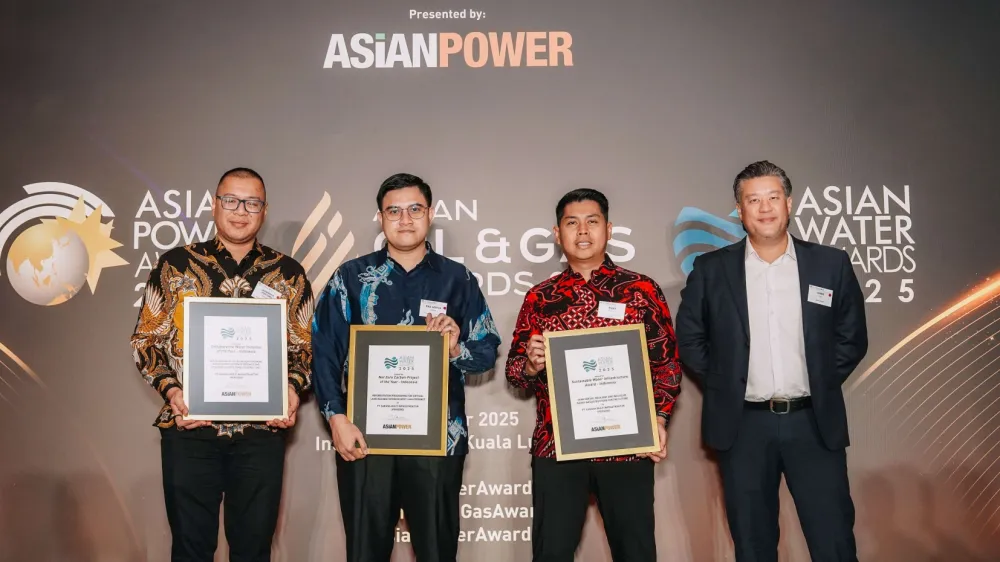
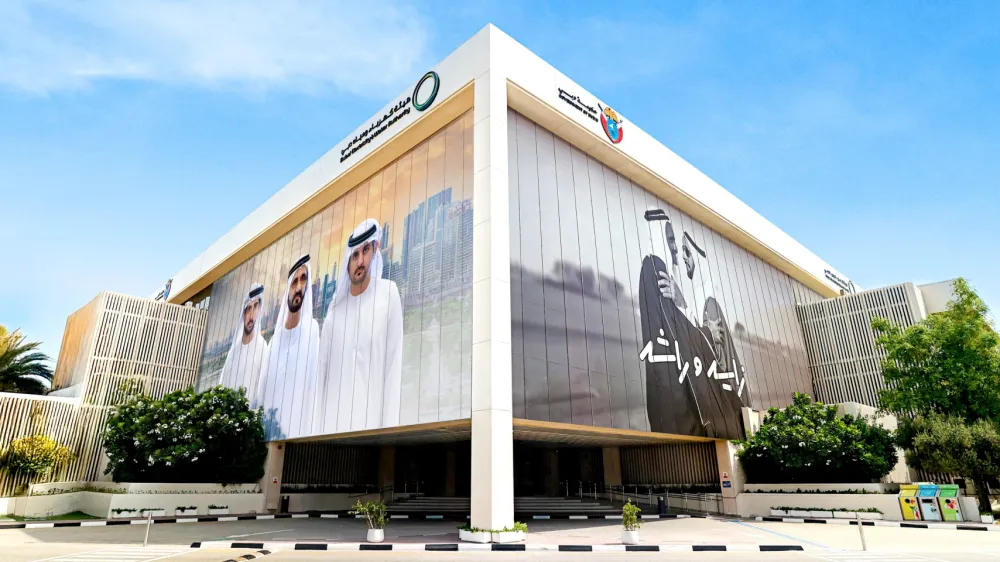

















 Advertise
Advertise
